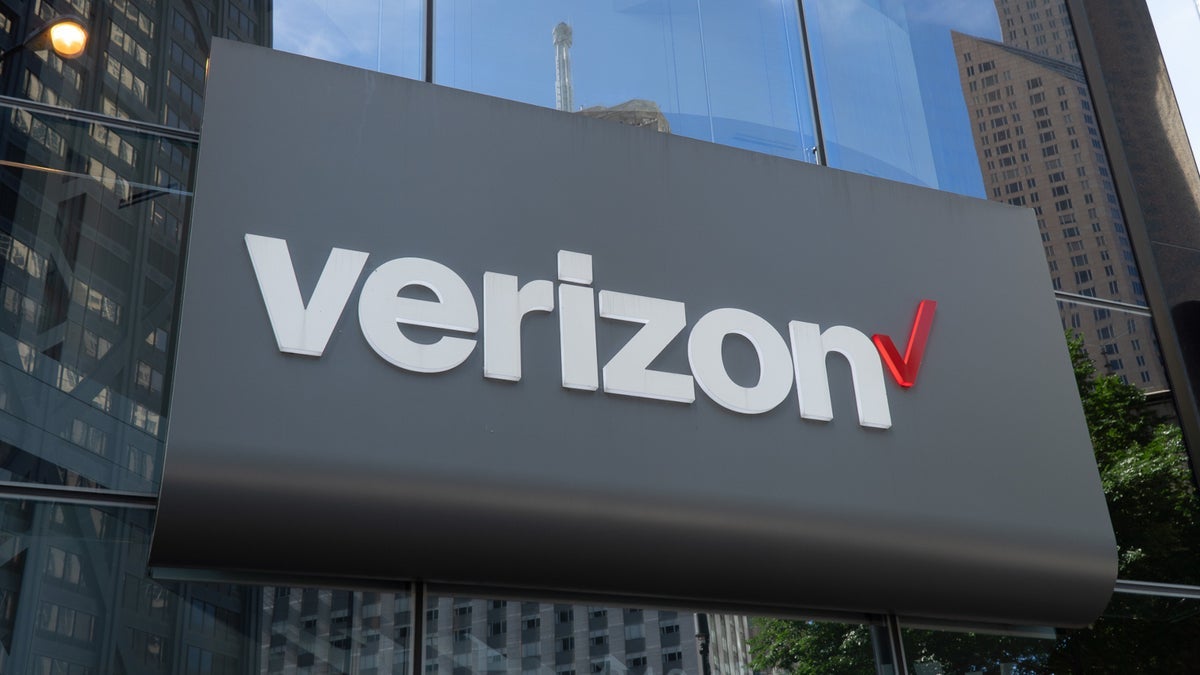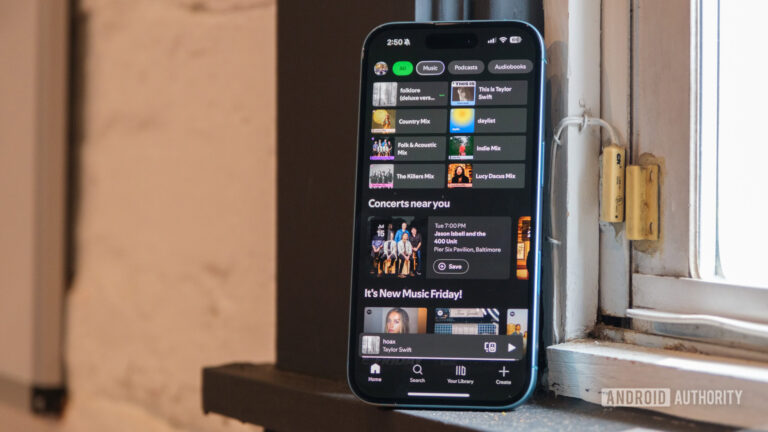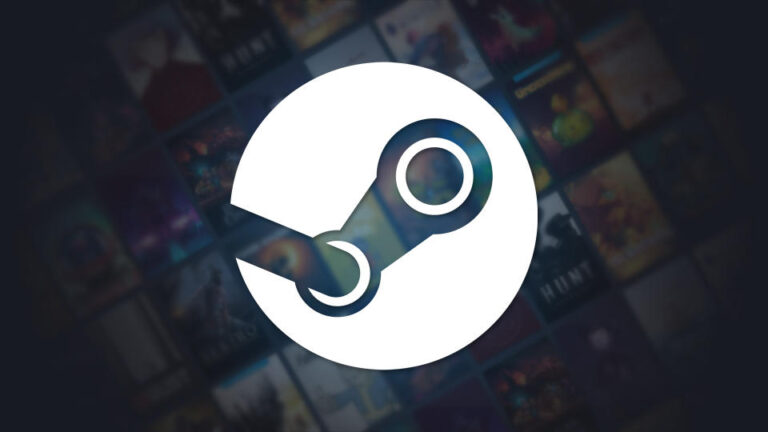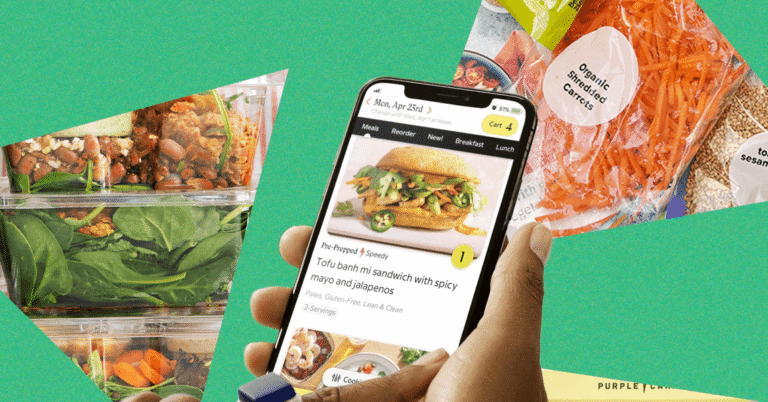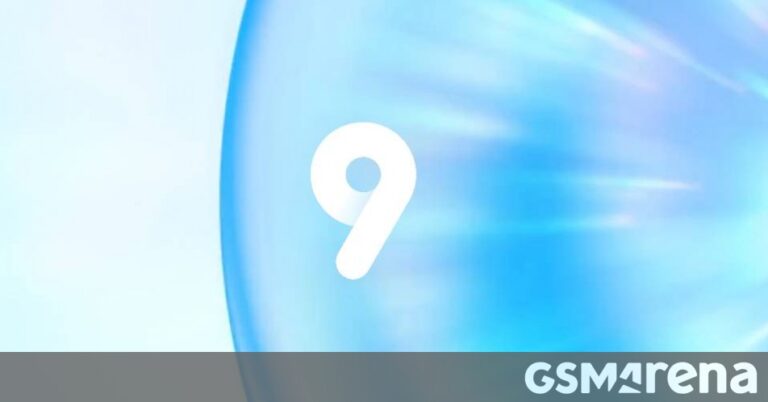Verizon teams up with Nokia in an effort to build multiple private 5G networks
Verizon and Nokia have reportedly won a contract in Britain – they’ll build several private 5G networks at Thames Freeport. This is a designated UK economic zone that offers tax incentives, customs benefits, and simplified regulations to promote trade and business growth. It spans over 1,700 acres and is expected to create more than 20,000 jobs – it includes one of Europe’s largest automated ports and is home to Ford’s only remaining UK manufacturing site.
The upcoming private networks will offer exclusive, high-speed connectivity for industrial use, bypassing the limitations of shared public networks and enabling technologies such as AI, automation, and real-time data processing. In other words, private 5G networks are like having your own personal, superfast and secure internet connection just for your business or site. Unlike public 5G, which is shared with everyone and can slow down during busy times, private 5G gives companies a dedicated connection that stays fast and reliable. This is especially useful for big industrial operations that rely on things like robots, sensors, and real-time data to run smoothly and safely.While financial terms were not revealed, the project is positioned as part of a broader multibillion-dollar transformation of the region, supporting Thames Freeport.
The new 5G systems will power operations at DP World London Gateway and its logistics park, which together manage over 3 million containers annually, as well as the Port of Tilbury and Ford’s Dagenham plant. Nokia will supply all hardware and software, making it the sole technology provider for the project.
Meanwhile, Nokia is on to 6G

Image credit – Nokia
Although 5G has only recently started to become widespread, the industry is already preparing for the arrival of 6G. Nokia has published a detailed timeline that we told you about, indicating that commercial 6G service is expected to launch by the fourth quarter of 2029. This comes after the 3rd Generation Partnership Project (3GPP) recently met in Prague to discuss the technical specifications and architecture for 6G, with formal standards expected to be finalized by 2029 and 6G becoming widely available around 2030.
Nokia highlights that 6G will bring significant advancements, including improved AI capabilities to manage data collection, model inference, and network performance, helping make the entire system more efficient and easier to operate. One key feature of 6G will be better battery life for devices, addressing a common limitation of current smartphones. Additionally, Nokia explains that 6G will require large amounts of radio spectrum but will share much of it with existing 5G networks through a new technology called 5G-6G Multi-RAT Spectrum Sharing (MRSS). This approach allows both networks to operate simultaneously and efficiently without interference.
The transition from 5G to 6G is expected to be smooth because 5G is already designed to share spectrum dynamically, though MRSS will be even more advanced in managing resources between the two generations.
